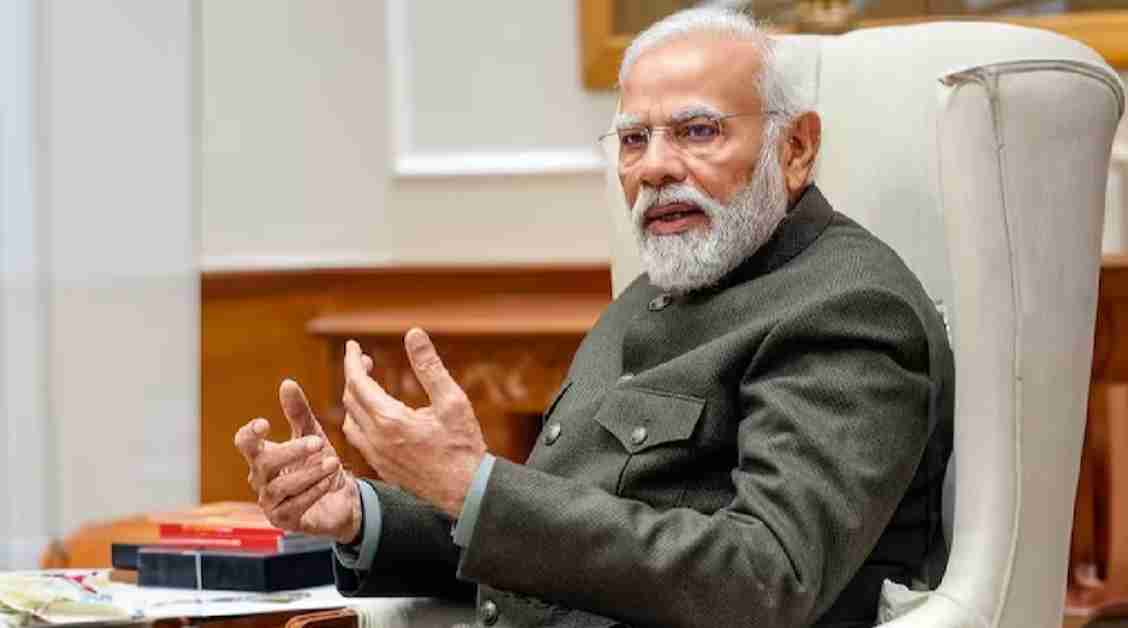Prime Minister Narendra Modi’s recent advocacy for the implementation of a Uniform Civil Code (UCC) in India has sparked a diverse array of opinions among civil society organizations, highlighting the deep-seated divisions within the country on matters of personal law and religious identity.
While some civil society groups have voiced support for Modi’s proposal, citing the need for uniformity and equality under the law, others have raised concerns about the potential implications of such a move on religious minorities and marginalized communities.
Proponents of the UCC argue that a uniform legal framework is essential for promoting gender justice and upholding individual rights, regardless of religious affiliation. They contend that the current system, which allows different religious communities to follow distinct laws governing marriage, divorce, and inheritance, perpetuates inequality and discrimination, particularly against women.
Additionally, supporters of the UCC view it as a necessary step towards modernization and social progress, aligning India’s legal system with global standards of human rights and gender equality. They emphasize the importance of moving beyond religious considerations in matters of personal law and adopting a secular approach to legal governance.
Conversely, critics of the UCC express apprehensions about the potential erosion of cultural and religious autonomy, particularly among minority communities. They argue that imposing a uniform set of laws on diverse religious groups could undermine the pluralistic fabric of Indian society and infringe upon constitutionally guaranteed rights to religious freedom and cultural expression.
Furthermore, opponents caution against the politicization of the UCC issue, particularly in the context of ongoing election campaigning, where it has been utilized as a divisive tool to appeal to specific voter demographics. They stress the importance of engaging in informed and inclusive dialogue to address the complexities surrounding personal laws and religious diversity in India.
As civil society grapples with the implications of Prime Minister Modi’s call for a Uniform Civil Code, the debate underscores the need for nuanced and empathetic discourse that takes into account the diverse perspectives and lived experiences of all stakeholders. Only through genuine dialogue and mutual respect can India navigate the complexities of legal reform and uphold its commitment to justice and equality for all its citizens.



